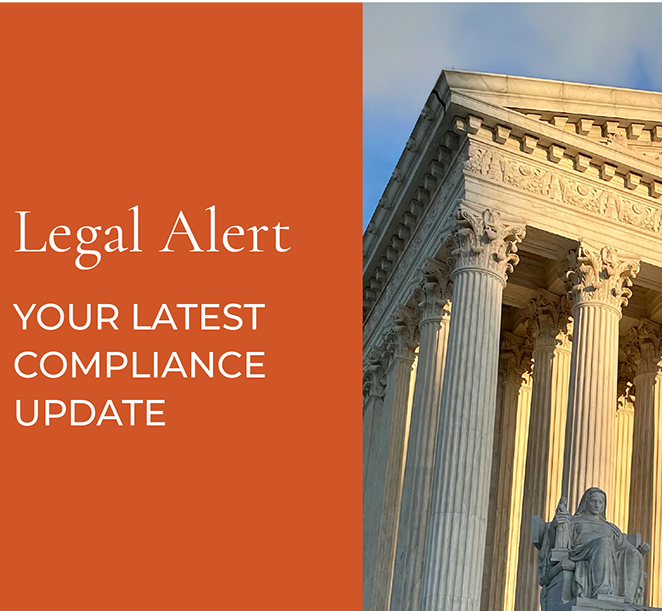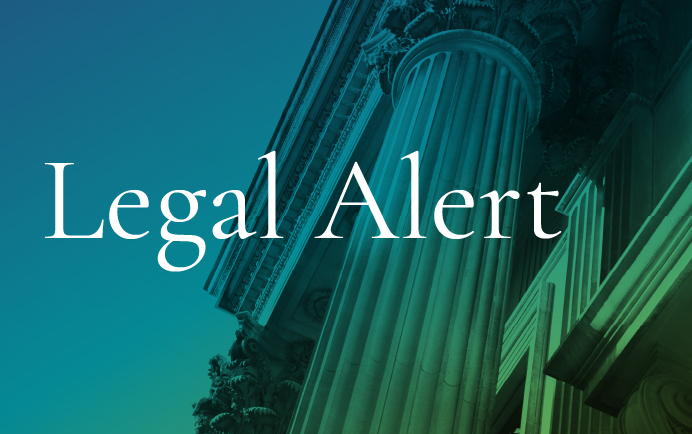Are You Ready for the New PEO Law?
On December 16, 2014, Congress passed the Small Business Efficiency Act (SBEA) and on January 1 of this year it formally took effect. Delays by the IRS have halted the new law but employers across the nation are expecting to see implementation just around the corner on July 1. If you're an employer this law affects you if you're partnered with or considering a Professional Employer Organization (PEO).
The Former Double Tax Problem
PEOs function to take on HR, payroll, and benefits administration for generally smaller companies by serving as the employer-of-record of their employees for tax and health plan purposes. Because of the way PEOs and the tax code were structure before the SBEA, companies were on the hook to pay double on FUTA and FICA wage-based taxes if they decided to leave their PEO in the middle of a tax year.
This posed several problems for employers considering leaving their PEO. When companies grow beyond a certain size, remaining with a PEO can become cost prohibitive and limiting to a company's ability to scale their business and their internal culture from an HR standpoint. Before the SBEA, companies had to seriously consider which would be more cost effective, inhibiting their growth, staying on the PEO, or paying the double tax to migrate off.
What the SBEA's PEO Certification Does
The SBEA has tasked the IRS to create a voluntary PEO certification program. To qualify for certification, PEOs need to adhere to bonding and independent financial review requirements, and also observe ongoing record keeping responsibilities. In exchange, certified PEOs (CPEO) will have the authority to pay wages directly to the employees in their partnership, rather than going through the channel of their enterprise customers. The act has many benefits, not the least of which includes granting successor employer status for FICA and FUTA taxes, eliminating the requirement to re-set the taxable wage base when employers migrate off a certified PEO.
This is an important benefit and distinction for those of you on a PEO currently. To benefit from the removal of the double tax problem of migration, your PEO must go through and pass the voluntary certification program with the IRS. Starting July 1, your PEO will be able to apply for the program.
While even the President and CEO of the National Association of Professional Employer Organizations hailed the program as being beneficial to small businesses, it might be a good idea to consult with your current PEO partner to see whether they have plans to apply for the program.





